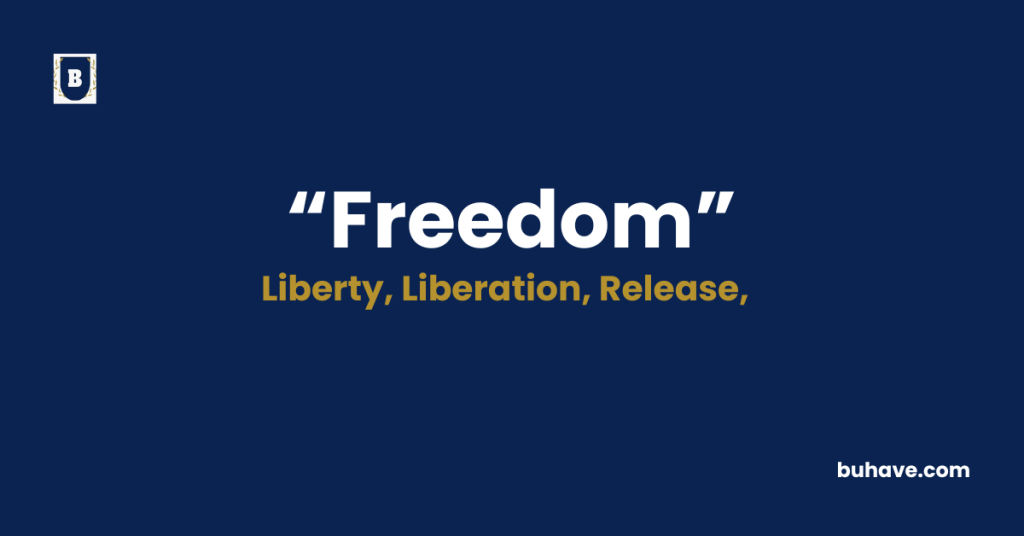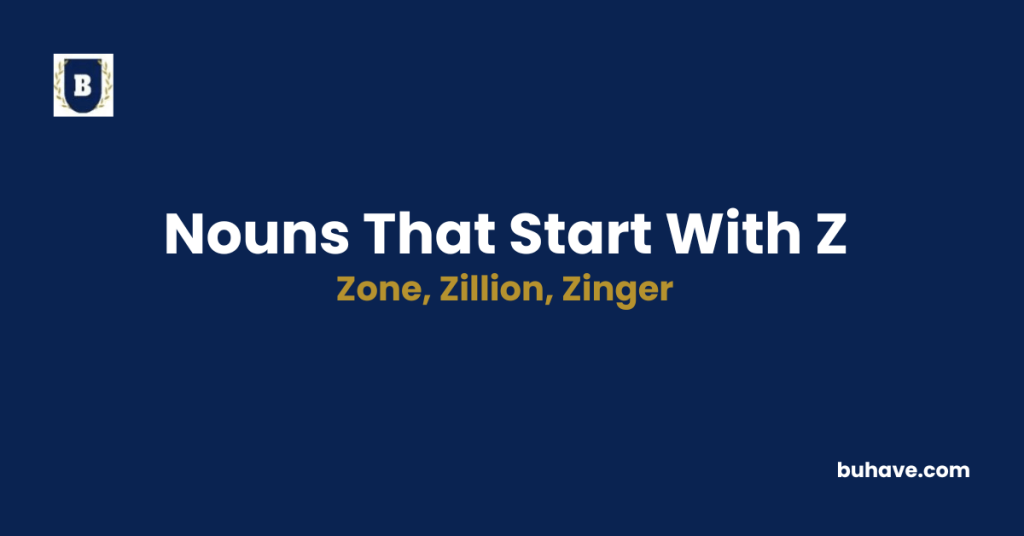The word ‘Freedom’ (Noun) describes the state of being free, without restrictions or limitations, and having the power to act, speak, or think independently. In this guide, you’ll learn the full definition, synonyms, antonyms, etymology, and real-life examples of how to use ‘Freedom’ correctly in sentences.
Freedom Explained in Depth
A complete and detailed guide to the word ‘Freedom’ including meaning, definition, examples, etymology, synonyms, and antonyms.
Meanings of Freedom
Freedom refers to the ability to live, think, and act without undue interference or constraint. It is often linked to personal liberty, human rights, and self-determination. Freedom can be social, political, or personal, and it is considered a fundamental human right that allows people to make their own choices and live life on their own terms.
Definition
Freedom is the state of being free from oppression, control, or external constraints. It means having the power to make choices, express oneself, and live according to one’s own values and beliefs without unjust restrictions. Freedom can apply to various contexts such as political freedom, freedom of speech, and personal liberty.
Etymology
The word “freedom” comes from Old English “frēodom,” meaning “state of free will” or “exemption from domination or slavery.” Its root, “frēo,” means “free,” and the suffix “-dom” indicates a state or condition. It’s closely related to the Old High German “friheit,” which means liberty or freedom. Historically, it denoted both personal liberty and social rights.
Example Sentences
- Living in a democratic society gives people the freedom to express their opinions.
- After years of struggle, the country finally achieved its independence and freedom.
- She values her freedom to travel and explore the world on her own terms.
Freedom Synonyms
- Liberty
- Independence
- Autonomy
- Self-determination
- Emancipation
- Sovereignty
- Release
- Exemption
- Privilege
Freedom Antonyms
- Oppression
- Captivity
- Slavery
- Restriction
- Imprisonment
- Constraint
- Bondage
- Control
- Suppression
- Subjugation
FAQs about Freedom
1. What does “freedom” actually mean?
“Freedom” refers to the ability to live, think, and act without unnecessary restrictions. It means having choices and the power to make decisions independently—whether that’s in daily life, politics, or personal relationships.
2. Is freedom always absolute?
No. While freedom is a core human value, it often comes with responsibilities and can be limited by laws or societal norms to protect the rights and freedoms of others. For example, freedom of speech is balanced by laws against hate speech or violence.
3. Can “freedom” apply to groups?
Yes. Nations or groups can seek freedom from oppression or colonial rule. For instance, a country might fight for freedom from an occupying force.
4. How can I use “freedom” in a sentence?
Example: “He fought bravely for the freedom of his people.”
5. Is “freedom” always political?
No. Freedom can also be personal (like freedom of expression), social (like freedom to choose friends), or emotional (like freedom from fear or guilt).

















